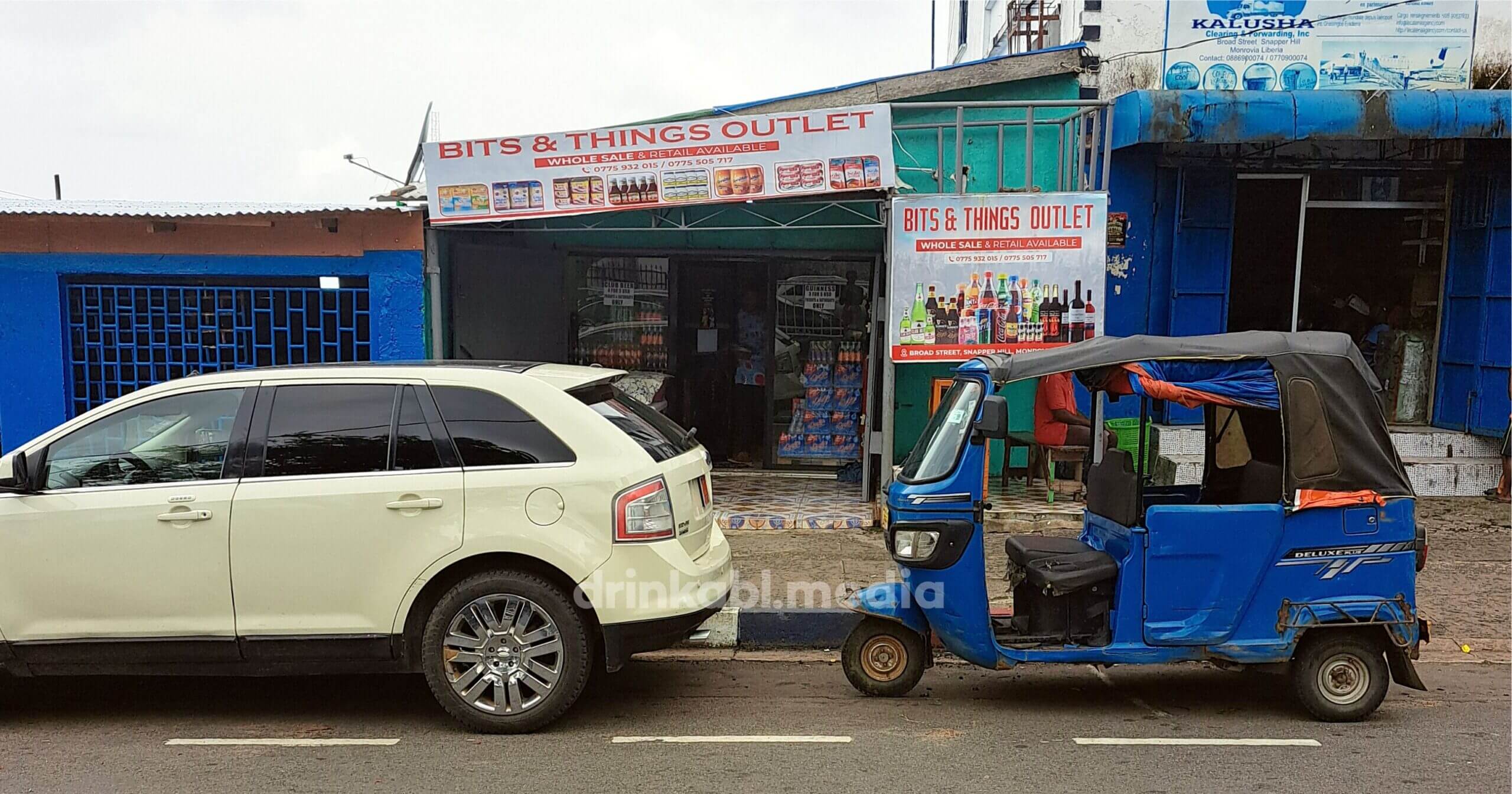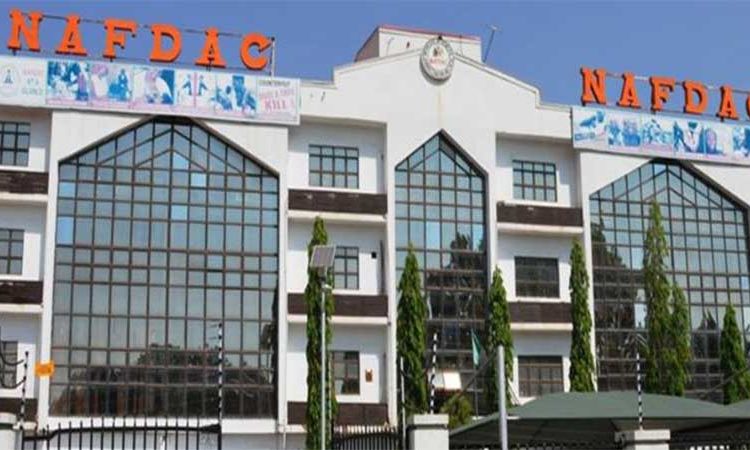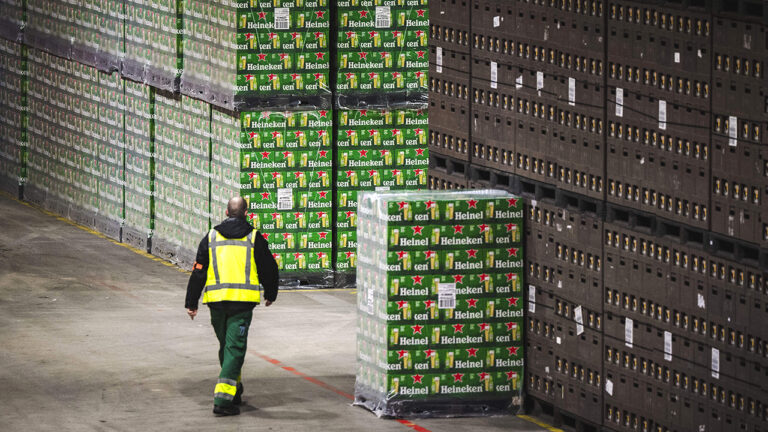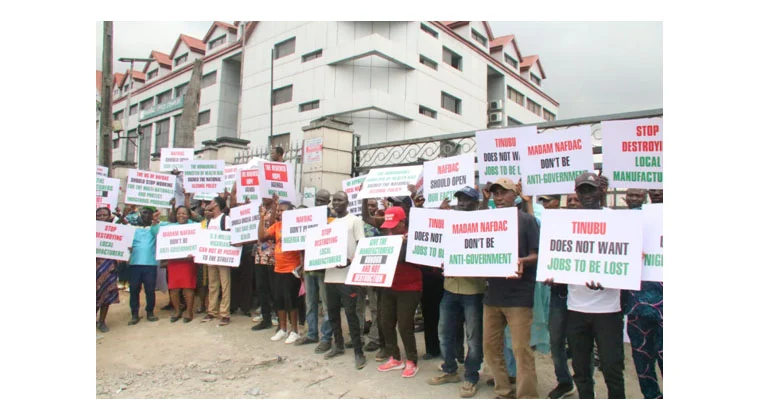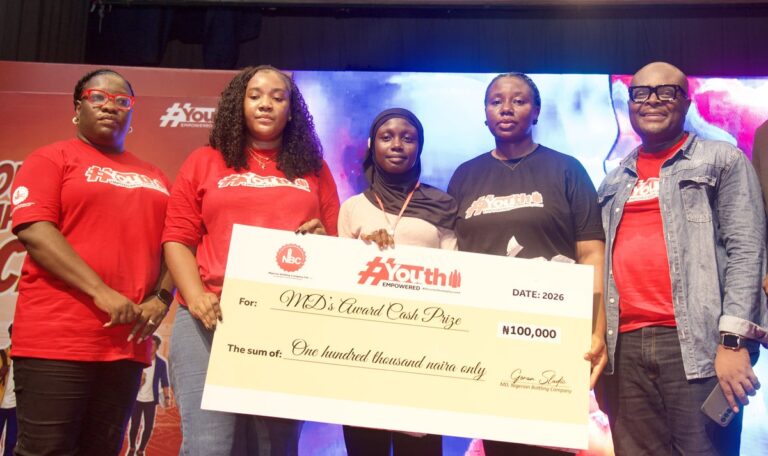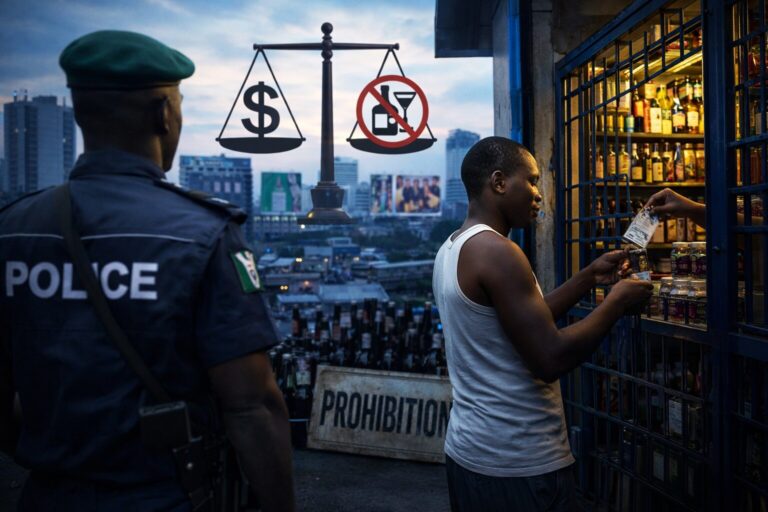If you have an interesting perspective on your experiences with beverage brands during travels, email [email protected] or Whatsapp +2349098078022 to get your story published.
If you haven’t read the first part of this article, you can access it here. Let’s dive into the concluding part of Liberia’s beverage market immersion.
Consumer Demographics and Purchase Patterns
Beverage consumption in Liberia varies across demographics. Young adults to Millenials (18-35) have a high preference soft drinks and alcoholic beverages like Coca-Cola, Club Beer, and Heineken, driven by targeted marketing. Middle-aged adults (35-45) prefer non-alcoholic options like Giant Malt and traditional drinks due to health concerns.
Older adults (55+) typically enjoy traditional beverages such as palm wine and ginger beer. Men primarily consume alcoholic drinks, while women prefer non-alcoholic beverages, mocktails and cocktails. Low-income consumers choose affordable local brands, middle-income groups opt for a mix of local and imported brands, and high-income individuals prefer premium imports. Urban consumers prefer imported brands, while rural consumers stick to local and traditional beverages.

Importation and Distribution
The importation of foreign beverages into Liberia involves several logistical and economic factors. Conversations with local distributors and my observations highlighted key aspects of this process.
The Freeport of Monrovia is the main entry point for imported goods. Improvements in port facilities have facilitated the importation process, ensuring a steady supply of foreign brands. Efficient port operations directly impact the availability and pricing of these beverages in the market. Liberia’s trade policies, including lower tariffs on beverages and streamlined customs procedures, play a crucial role in supporting the importation of foreign brands. These policies help maintain a competitive market with diverse options for consumers.
Effective distribution networks are essential for ensuring imported beverages reach consumers nationwide. Major cities like Monrovia and Buchanan serve as distribution hubs, from where products are transported to other regions. I was impressed by the blend of modern logistics and traditional transportation methods used to distribute beverages across Liberia. Trucks, motorbikes, and even boats are used to ensure that beverages reach the most remote areas, highlighting the adaptability and resourcefulness of local distributors.
Despite these efforts, the distribution of beverages in Liberia faces significant challenges. Infrastructure limitations, such as poor road conditions and unreliable electricity, impact the efficiency of supply chains. These issues can lead to delays and increased costs, which are often passed on to consumers. Additionally, seasonal weather patterns, such as heavy rains during the monsoon season, can disrupt transportation routes and further complicate distribution efforts.
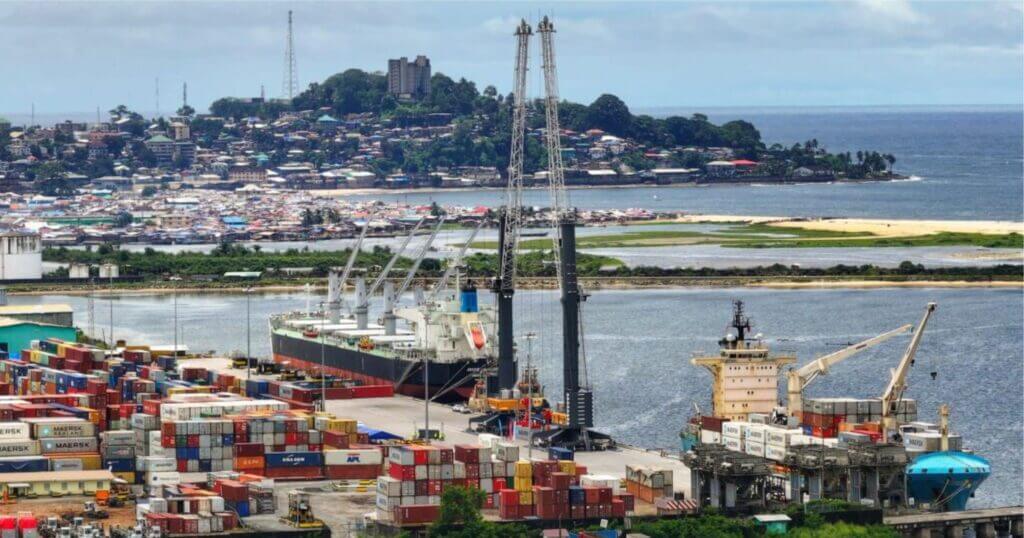
Entrepreneurship and Local Flavor
Local entrepreneurs are pivotal in shaping Liberia’s beverage landscape. During my explorations of local markets, I encountered vendors selling freshly squeezed fruit juices, a practice reminiscent of Nigeria’s vibrant street beverage culture.
These juices, crafted from locally sourced mangoes, pineapples, and oranges, underscored Liberia’s abundant agricultural produce and entrepreneurial spirit. A standout encounter was with a woman entrepreneur at the Red Light Market, renowned for her potent ginger beer brewed with natural ingredients. Her success story, starting with minimal capital and thriving on word-of-mouth, epitomizes Liberia’s resilient small business landscape, showcasing innovation amid economic challenges.
Street vendors play a significant role in the beverage market, offering freshly made drinks that cater to local tastes. The sight of vendors squeezing fresh fruits into juices right in front of customers is a testament to the freshness and authenticity of these beverages. This practice not only provides consumers with a healthy and refreshing option but also supports local farmers and promotes sustainable agriculture.
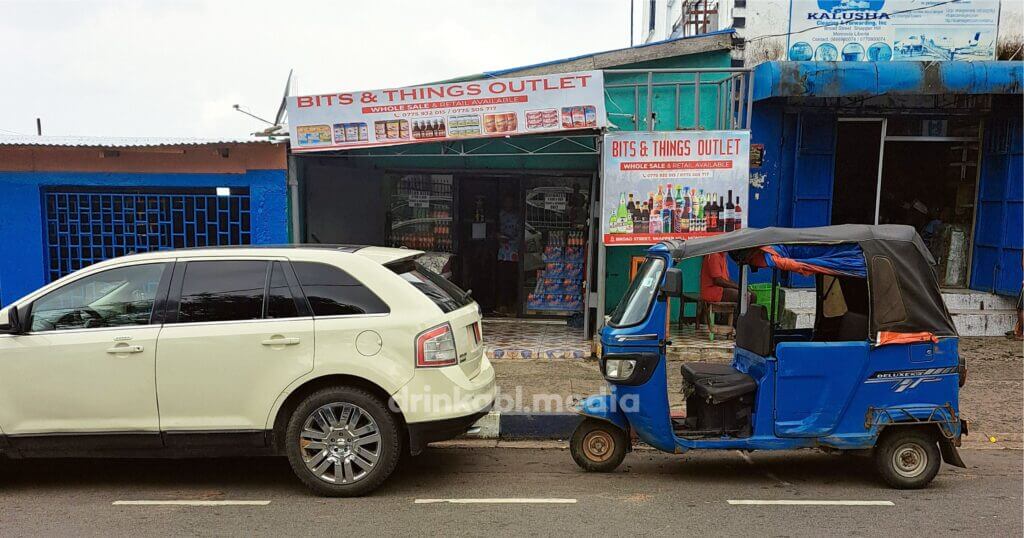
Challenges and Opportunities
Despite its vibrancy, Liberia’s beverage market faces challenges akin to many developing economies. Infrastructure limitations, including unreliable electricity affecting refrigeration, pose operational hurdles for businesses and impact product availability. Economic factors such as inflation and currency fluctuations further influence pricing dynamics, affecting affordability and consumer purchasing power.
The lack of reliable electricity is a significant challenge for beverage producers and vendors. Without consistent power, refrigeration becomes difficult, leading to spoilage and increased costs. Many businesses invest in generators, but the high cost of fuel adds to operational expenses, which are often passed on to consumers.
A recent trend of recovering economy and reducing inflation in LIberia positively impacts the purchasing power of consumers. Prices of imported beverages can vary widely, making it difficult for consumers to budget for these products. Local producers also face challenges in sourcing raw materials at stable prices, further complicating their ability to maintain consistent pricing.
A growing trend among Liberian consumers is the shift towards healthier beverage options. This trend is driven by increased awareness of health and wellness, with consumers seeking alternatives to sugary and alcoholic drinks.
Despite these challenges, there are significant opportunities for growth in Liberia’s beverage market. The increasing urbanization and growing middle-class present a market for premium and diverse beverage options. There is also a rise in foreign direct and portfolio investments in form of trade relationships arising from Europe and other continents. Additionally, the government’s efforts to improve infrastructure and support local entrepreneurship can help overcome existing barriers and foster a more robust beverage industry.
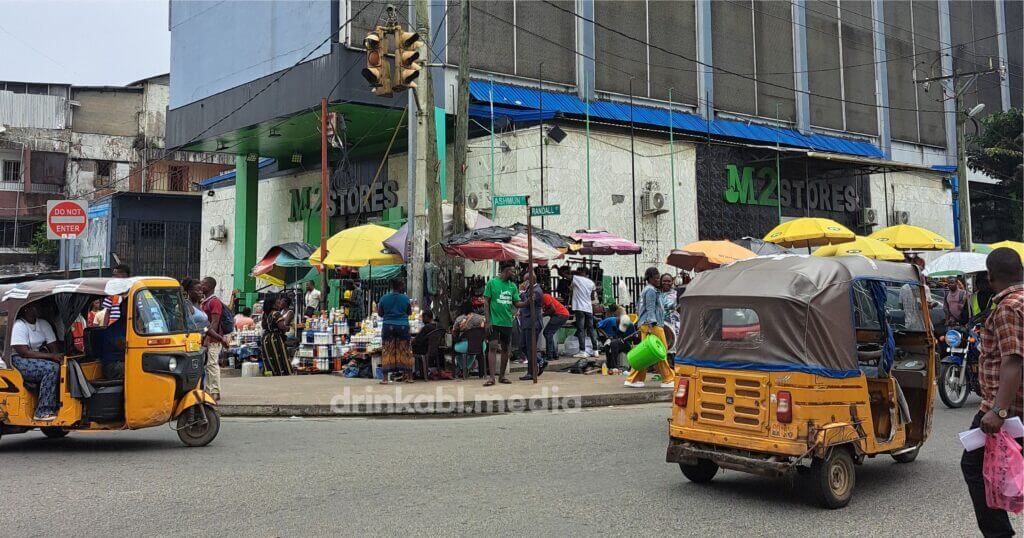
A growing trend among Liberian consumers is the shift towards healthier beverage options. This trend is driven by increased awareness of health and wellness, with consumers seeking alternatives to sugary and alcoholic drinks. Beverage producers have the opportunity to innovate and introduce products that cater to this demand, such as low-sugar soft drinks, herbal teas, and natural fruit juices.
Technology can also play a crucial role in transforming the beverage market. Digital marketing, e-commerce platforms, and mobile payment solutions can enhance the reach and accessibility of beverage products. For instance, beverage companies can leverage social media to engage with consumers, promote their products, and gather feedback. E-commerce platforms can facilitate the online purchase and home delivery of beverages, providing convenience for consumers and expanding market reach.
My Journey Ends
My journey through Liberia’s beverage market offered a compelling narrative of tradition and adaptation. The interplay between local flavours, global influences, and entrepreneurial spirit reflects Liberia’s dynamic cultural tapestry. As a visitor from Nigeria, I found parallels and distinctions that underscored our shared love for diverse beverages while celebrating Liberia’s unique cultural identity. With its resilience and adaptability, Liberia’s beverage market stands as a testament to the country’s entrepreneurial vigour and cultural richness, inviting further exploration and admiration from global observers. This experience has deepened my appreciation for Liberia’s rich cultural and economic landscape, and I look forward to seeing how the market evolves in the coming years.
The beverage market in Liberia is a microcosm of the country’s broader economic and cultural dynamics. It showcases the resilience and creativity of local entrepreneurs, the influence of global brands, and the enduring appeal of traditional beverages. As Liberia continues to develop, its beverage market will undoubtedly evolve, reflecting the changing tastes and preferences of its consumers.
This journey has not only enriched my understanding of Liberia’s beverage landscape but also highlighted the potential for cross-cultural exchanges and collaborations that can drive growth and innovation in West Africa’s beverage industry.
If you have an interesting perspective on your experiences with beverage brands during travels, email [email protected] or Whatsapp +2349098078022 to get your story published.

